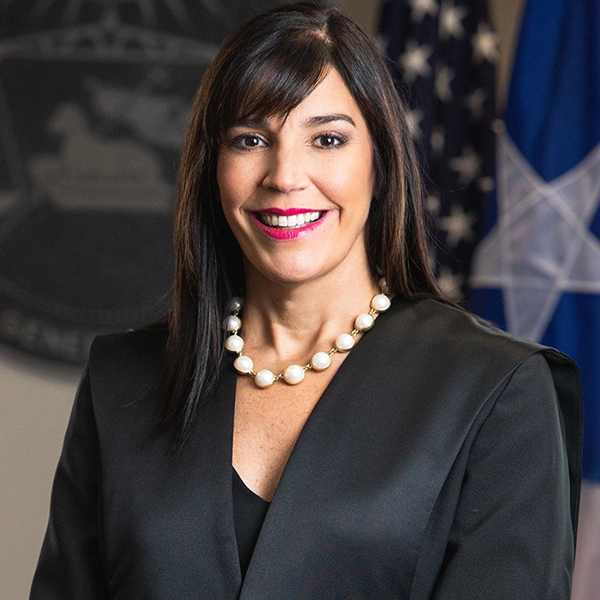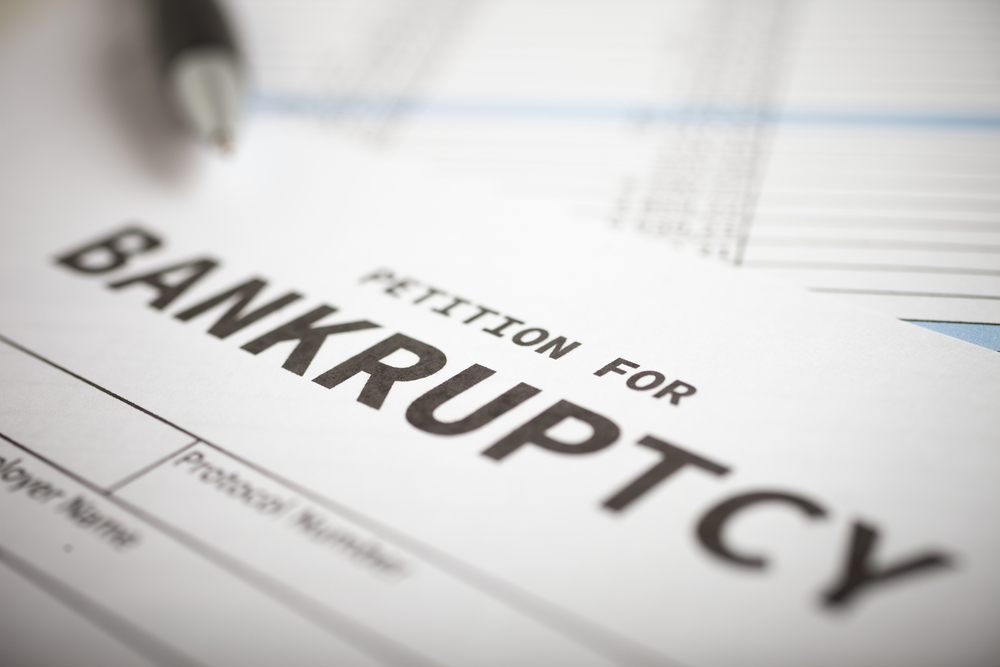As Biden obtains confirmation of 100th federal judge, focus turns to red state vacancies

Gina Méndez-Miró is the first openly LGBTQ+ judge to serve at the federal district court level in Puetro Rico. Photo from the Poder Judicial de Puerto Rico.
President Joe Biden obtained confirmation of his 100th judge on Tuesday with Senate approval of Gina Méndez-Miró to the federal district court in Puerto Rico.
Méndez-Miró is the first openly LGBTQ+ American judge to serve at the federal district court level in Puerto Rico, according to Reuters and a statement by Senate Democrats. The day before, the Senate confirmed the first Asian American judge, Cindy Chung, to the Philadelphia-based 3rd U.S. Circuit Court of Appeals.
Méndez-Miró had been a Puerto Rico appeals court judge while Chung was serving as U.S. attorney in Pittsburgh. The ABA Standing Committee on the Federal Judiciary rated Méndez-Miró as “qualified” in a unanimous vote, and Chung as “well qualified,” with one abstention.
At this same period during the term of then-President Donald Trump, 85 of his nominees had been confirmed, NBC reports. By the time Trump’s presidency ended, however, he had won confirmation for 234 judges, the most of any first-term president since Jimmy Carter.
Nominations will get tougher for Biden as he begins to focus on nominees in states with two Republican senators, Bloomberg Law reports. Most of Biden’s nominees so far have been in states represented by Democrats in the Senate.
So far, Senate Judiciary Committee Chair Dick Durbin, an Illinois Democrat, has respected the blue-slip process for district court nominees. Nominees to federal appeals courts don’t require consent from home state senators, under a practice that began during the Trump administration.
There are currently 56 district court vacancies, and 38 of them are in red states, according to Bloomberg.
Paige Herwig, a senior White House counsel who works on judicial nominations, was optimistic about the prospects of finding mutually agreeable nominees. “We believe there are plenty of candidates out there who will fit that bill in any given legal community,” Herwig told Bloomberg.



